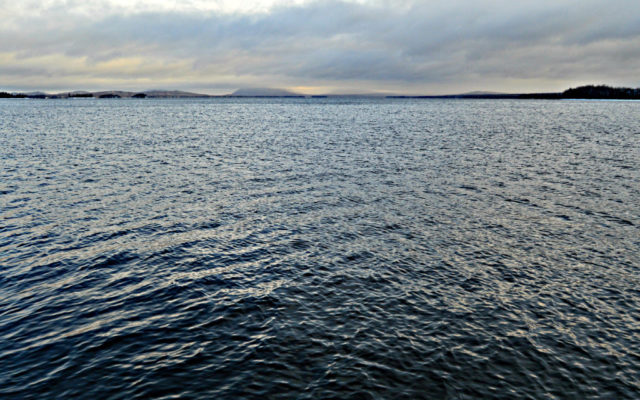
Moosehead regional plan deserves support
By Sally Farrand
The two main economic engines in the Moosehead region are tourism and residential development. But with inappropriate zoning and regulation, our assets are in danger of overuse and degradation if not protected. Tourists have a choice in where they go. Preserving the rich and historic character of the Moosehead region is vital to ensuring they’ll continue to come to this area.
As the time for a final public comment period about the proposed Moosehead Regional Planning package nears an end, some important process and zoning changes emerged that merit attention. The concept plan from 2009, consisting of approximately 17,000 acres for potential development, formerly owned by Plum Creek and now owned by Weyerhaeuser Company and Weyerhaeuser NR Company, was terminated in 2020. Lands protected by conservation easements remain in place unchanged.
This termination provided an opportunity for the landowner and the zoning authority, the Land Use Planning Commission or LUPC, to consider how best to zone lands that were previously slated for development to preserve their inherent value as undeveloped, while permitting reasonable, sustainable development and commercial use. Weyerhaeuser agreed not to submit zoning petitions or development permits through December 2022 while an extensive community outreach and collaboration process could take place among residents, landowners and local businesses, organizations that provide remote wilderness experiences, and advocacy groups.
LUPC began a two-year process engaging residents of the Moosehead region to identify areas that needed greater protection and areas where development was acceptable. Because this process was during the pandemic, some meetings were held outdoors in-person, some virtually. Enhanced communication via the agency website was required.
This process was unique in its duration. Methodical outreach took place to people with significant knowledge of the resource (land and water, wildlife habitat, places of high utilization and high impact, and the character of remote regions) and its economic value to the region in an undeveloped state. LUPC also met with landowners who might be affected by a change in zoning, with businesses, and with community members whose livelihoods depend on tourism and development.
The principal goal of many people who participated in the meetings was to help the LUPC identify near-in, wild-feeling areas, including rivers and ponds, which serve as a major reason that many ecotourists and outdoor recreationists come to the Moosehead area. In addition, participants were eager to protect more distant districts that serve as the focus of remote experiences and that provide important wildlife habitat and corridors, which are also economically essential to the vibrancy of the region.
The agency staff devoted substantial time and effort to develop the materials (maps and discussion guides defining different zoning scenarios), convene meetings, moderate the discussions and then synthesize the recommendations they received.
The outcome of these collaborative discussions was a final package that identifies six development areas in four townships that encourage new construction and development near existing town centers like Greenville and Rockwood. Importantly, the plan also proposes removing 10 townships from development prioritization, and some protection for sensitive areas, both close to as well as distant from existing towns.
These are significant changes. Is the proposal perfect? No. The risk of fragmentation and degradation remains in some places. But this thoughtful process represents a positive step and potential model in ensuring that the people who live in the area and that have an immediate stake in its sustainability are recognized for their knowledge and expertise and have an opportunity to help guide development, shape its future, and help to preserve what has made this area the “jewel†it is.
As a former commissioner of the Land Use Regulation Commission, I commend the diligence of the LUPC staff in listening and integrating many of the recommendations it received during the planning project, and I applaud the agreement of Weyerhaeuser to permit this public process regarding its lands to proceed. I encourage the LUPC commissioners to approve the final recommendation package.
Farrand of Beaver Cove served as a member of the Land Use Regulation Commission.